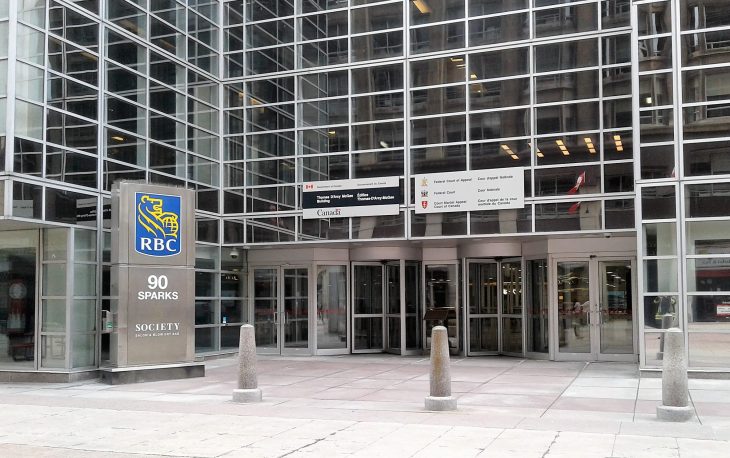
By Ahmad Hathout
The Federal Court of Appeal ruled Monday that the major foreign streamers may have a legitimate grievance against the imposition by the CRTC of a base financial contribution levied on them to support Canadian content.
The high court granted a hearing to Apple, Amazon, Spotify, and the Canadian affiliate of the Motion Picture Association (MPA) – which represents Netflix, Paramount, Pluto, and Crunchyroll – after the parties filed their own applications against the proposed June decision, which was finalized in August. The court consolidated all the leave applications before making the decision.
In approving the applications, the court rejected a submission by the Canadian Association of Broadcasters (CAB) that sought to have the court throw out the applications on the grounds that the CRTC decision is a matter of policy, not law, and that the parties were challenging a proposal that had yet to be finalized, which it said made the leave applications irrelevant. The court, however, gave the streamers an opportunity to amend their applications to incorporate the CRTC’s final order in August.
Each of the applicants have their own issues with the CRTC’s decision, which spawned from the Online Streaming Act and forces standalone Canadian and foreign streamers making $25 million or more to contribute 5 per cent of their previous year’s Canadian revenues to various Canadian content funds. The CRTC says this will level the playing field between licensed Canadian broadcasters saddled with the burden of supporting Canadian content and foreign streamers who have been exempt before the passing of the law that amends the Broadcasting Act to bring them under regulation.
The MPA was the first to file a challenge in court, arguing that its members cannot be forced to financial contribute to the Independent Local News Fund (ILNF) because they derive no benefit nor do they have any part in creating expensive-to-produce news content.
Central to the MPA’s legal argument is the CRTC making the statement that the base contribution will “reflect the importance of independent broadcasting undertakings and the provision of news coverage” under two subsections of section 3 of the Broadcasting Act.
But the MPA contends that section 3(1)(d)(iii.5) does not refer to news and section 3(1)(i)(ii.1) does not mention foreign online undertakings when it states that the Canadian broadcasting system “should include programs produced by Canadians that cover news and current events — from the local and regional to the national and international — and that reflect the viewpoints of Canadians, including the viewpoints of Indigenous persons and of Canadians from Black or other racialized communities and diverse ethnocultural backgrounds.”
Amazon argues that the contribution decision is not equitable vis-à-vis the traditional Canadian broadcasters, whose online affiliates are exempt from the order. “The CRTC lacks the authority to discriminate between online undertakings based on their corporate affiliation with Canadian broadcasting undertakings,” Amazon said in its application. “The CRTC does not have – and does not identify – any authority to close any historical ‘gap’ in contributions between classes of undertakings by imposing new contribution requirements on only some undertakings.”
The e-commerce giant adds that the regulator did not address the contributions made by online streamers to the Canadian system, how those contributions compare to traditional Canadian broadcasters and, ultimately, how a 5 per cent levy is justified in light of these issues. It points, for example, to its Prime Video streaming business that it says passes on much of the revenue it collects in Canada to the streaming services of these Canadian broadcasters and to the royalty payments it makes to Canadian performance rights organization SOCAN.
Apple, which, like Amazon, has a video and music streaming service, agreed that there is an alleged unfairness in the decision, both in that the CRTC allegedly didn’t take into consideration how the foreign streamers already contribute to the Canadian ecosystem and in the fact that the online audio streamers are now forced to pay 5 per cent of revenues, which is higher than traditional radio contributions.
It also takes issue with the fact that the CRTC did not first define Canadian content before making the base contribution decision, which it says is contrary to the policy direction from cabinet that ordered it to prioritize what constitutes Canadian programming.
Photo via Wikimedia


